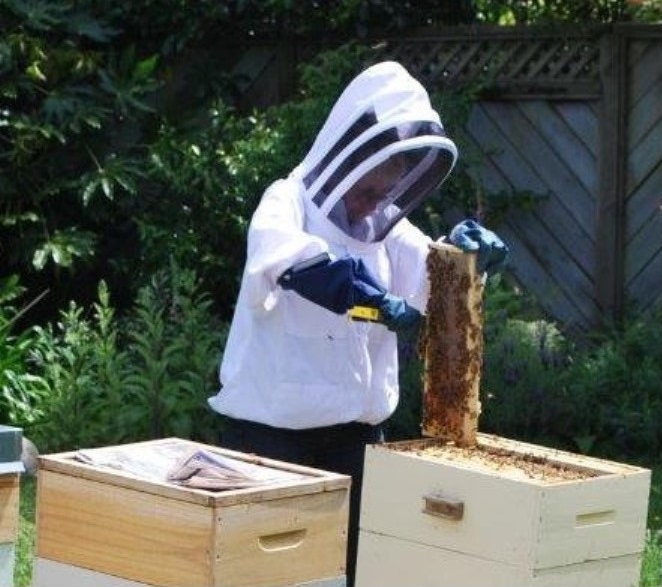Pinehaven School – Marion Saunders

2016 | Impact of Argentine ants on honeybees
School: Pinehaven School
Host: School of Biological Sciences, Victoria University of Wellington
Region: Wellington
In 2015, Pinehaven School began its involvement with the Science Teaching Leadership Programme (STLP). This enabled the school to develop a key Science leader, undertake a review of science, and begin to provide teachers with professional development in science. By having another participant teacher, the school will be able to have a more sustained approach to this professional development and the development of science programmes for their students. Having a distributed leadership approach means the rate at which they progress is likely to increase. It is the school’s intention to review their programmes to ensure that the students learn about science through authentic, every day experiences. The environment and community surrounding Pinehaven School provides many opportunities for children to experience science in real life situations.
Marion, the second participant teacher, is relatively new to teaching, this being only her sixth year in the profession. Having moved from England ten years ago, she undertook her teaching degree at the University of Waikato.
Professor Phil Lester from the School of Biological Sciences (Te Kura Mātauranga Koira) at Victoria University of Wellington is Marion’s host. Marion has been included in a project, which is examining the affects of Argentine ants on honeybee colonies in New Zealand and testing for any transmission of the Deformed Wing Virus from ants to bees. She is working alongside Masters and PhD students, Doctors and Professors in the field, sampling and monitoring the health and effectiveness of affected honeybee hives.
Marion has learnt about invasive ants and their affect on native invertebrates through research literature, professional conversations and practical experience. By being involved in the collection, preparation and processing of ant and honeybee samples from hive to laboratory, Marion is experiencing the repeat sampling necessary to test for Deformed Wing Virus by polymerase chain reaction (PCR) to amplify a piece of DNA.
